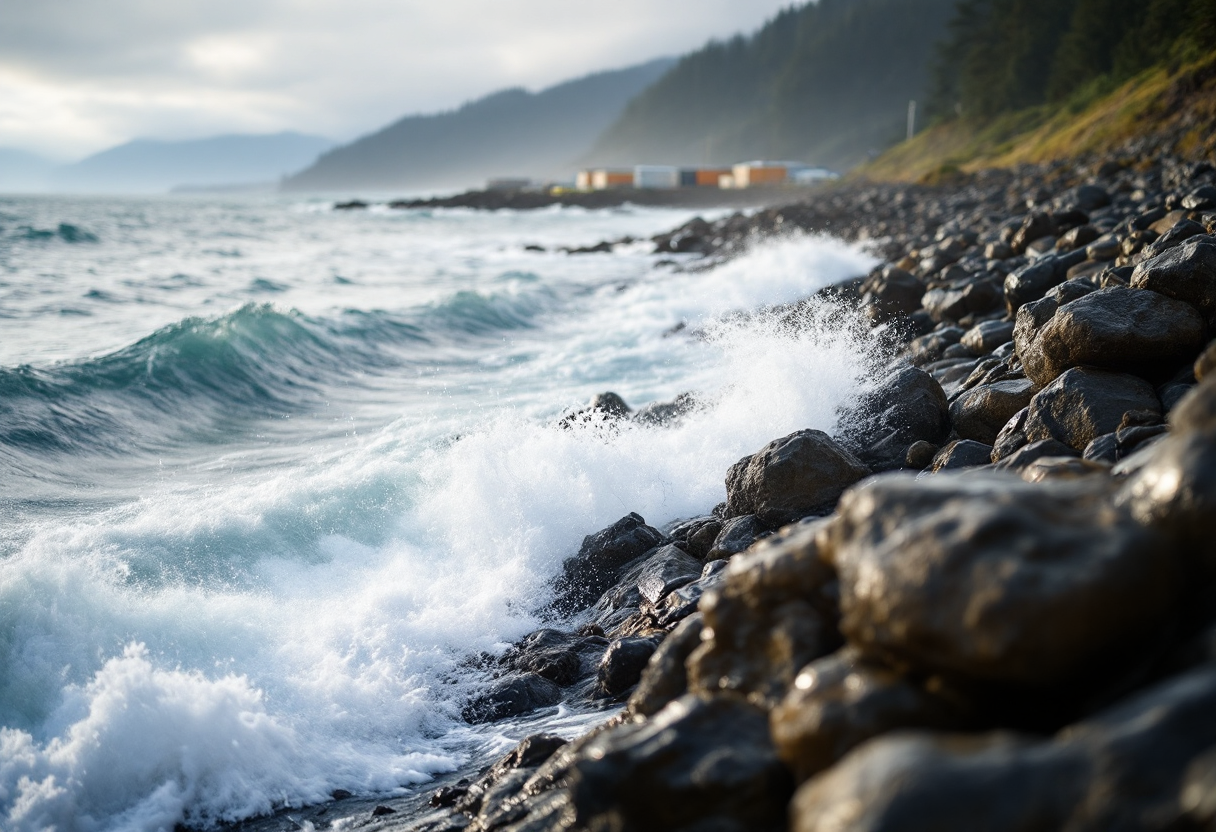Table of Contents
The proposed ban and its implications
A recent report by RIAS Inc., commissioned by the BC Salmon Farmers Association, has raised alarms about the proposed federal ban on marine net-pens in British Columbia. This ban, aimed at transitioning to closed containment systems, is projected to impose a staggering $9 billion in unnecessary costs on taxpayers.
The report highlights that such a drastic measure could lead to severe economic repercussions, particularly for Indigenous communities and food security across Canada.
Job losses and economic strain
One of the most concerning aspects of the proposed ban is the potential loss of over 4,500 jobs in the salmon farming sector.
These jobs are not just numbers; they represent livelihoods for many families and communities. Additionally, the elimination of 50,000 tonnes of farm-raised salmon could significantly impact food supply chains, exacerbating food insecurity in a time when sustainable food sources are more critical than ever.
The report emphasizes that the financial burden of closing the sector and subsidizing companies with unproven technologies would ultimately fall on taxpayers, raising questions about the feasibility of such a transition.
Environmental concerns versus economic realities
The debate surrounding open-net fish farms is polarized.
Environmental groups and some First Nations argue that these farms contribute to the spread of disease among wild salmon populations. However, the farmers’ association counters that federal and independent scientists have found little evidence to support these claims. They argue that removing these farms would not adversely affect wild Pacific salmon populations.
The association, alongside the Coalition of First Nations for Finfish Stewardship, is advocating for a more balanced approach that considers both environmental sustainability and economic viability. They urge Prime Minister Justin Trudeau to explore alternatives that would achieve the same environmental goals without imposing devastating impacts on the salmon farming sector and the communities that rely on it.
Innovation and the future of salmon farming
BC’s salmon farmers have expressed their commitment to continuous innovation, emphasizing that solutions should be tailored to the unique coastal characteristics of the region. The push for a rapid transition to unproven technologies overlooks the potential for existing innovations that could meet environmental standards while maintaining economic stability. The farmers’ association argues that a collaborative approach, involving First Nations and local communities, is essential for developing effective and sustainable practices in salmon farming. By fostering innovation and respecting Indigenous rights, the industry can work towards a future that balances ecological health with economic prosperity.





